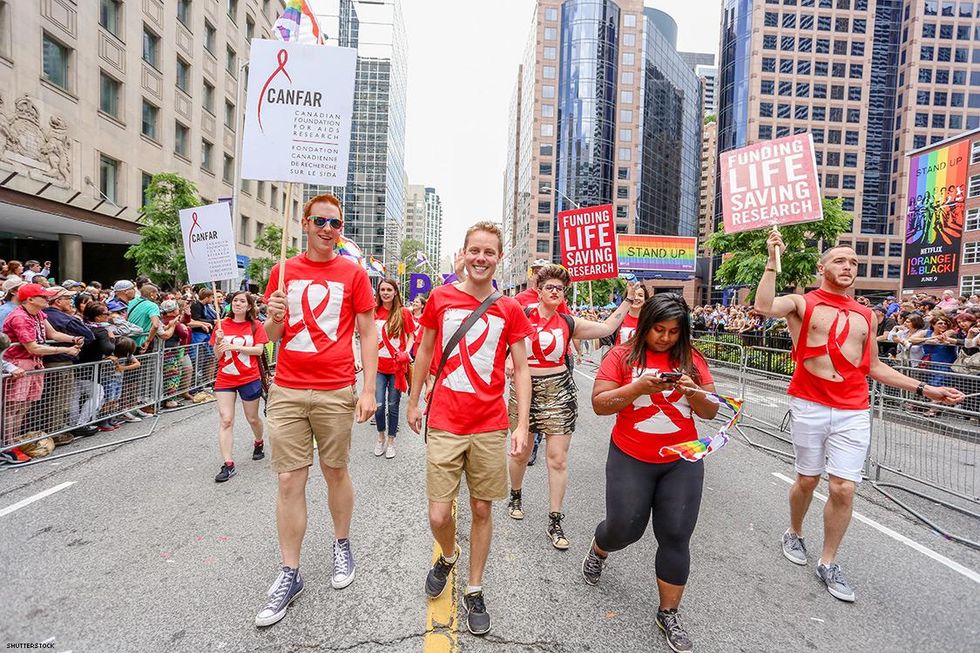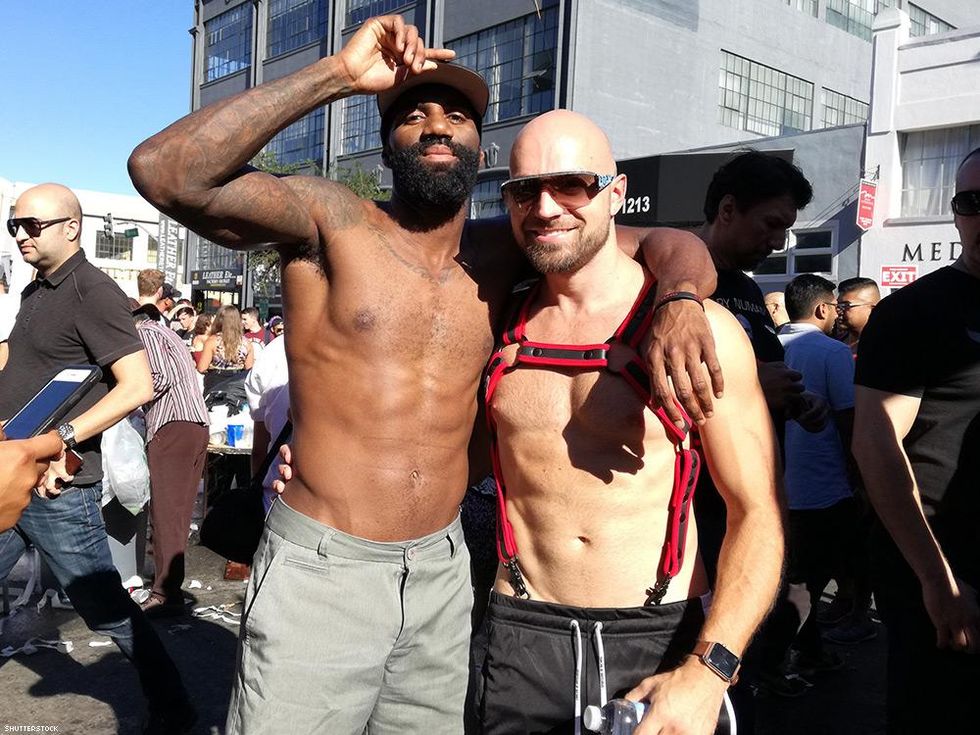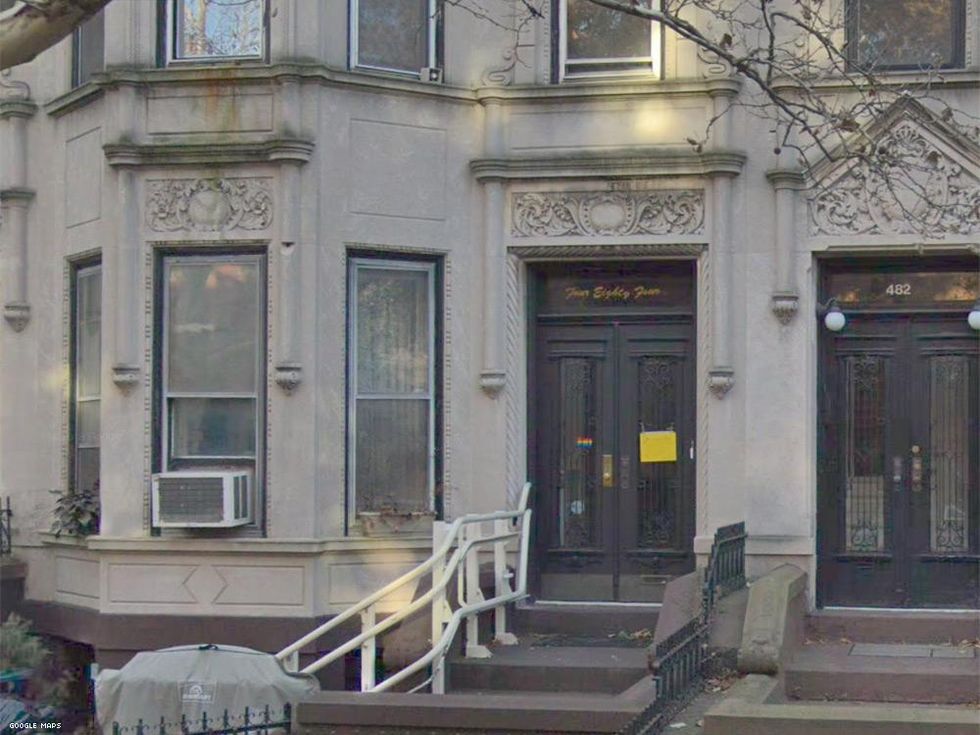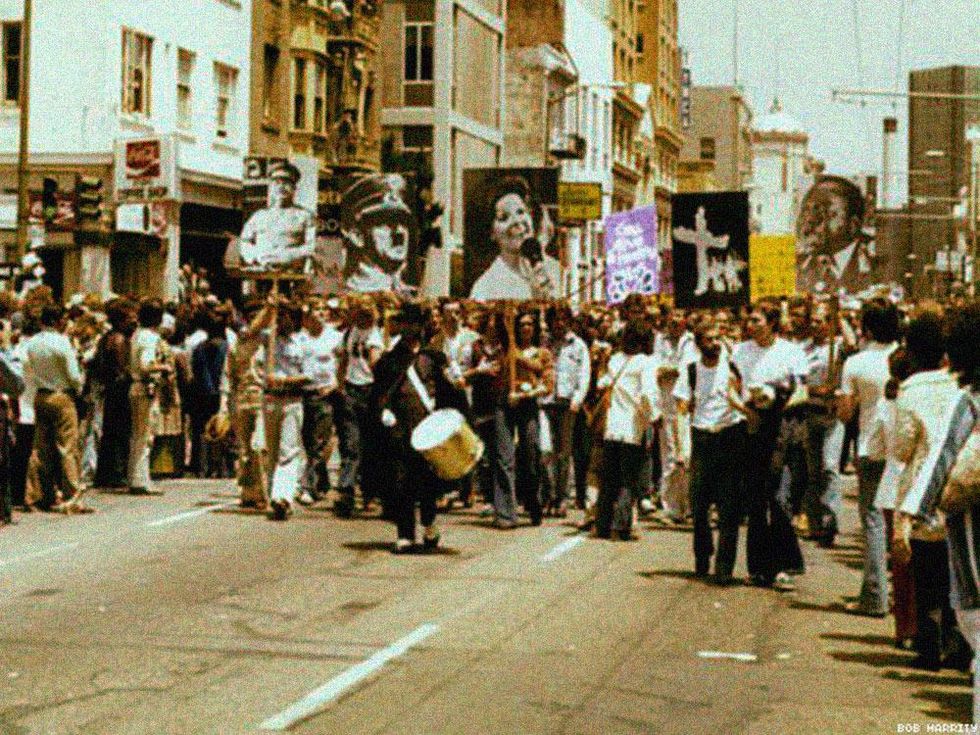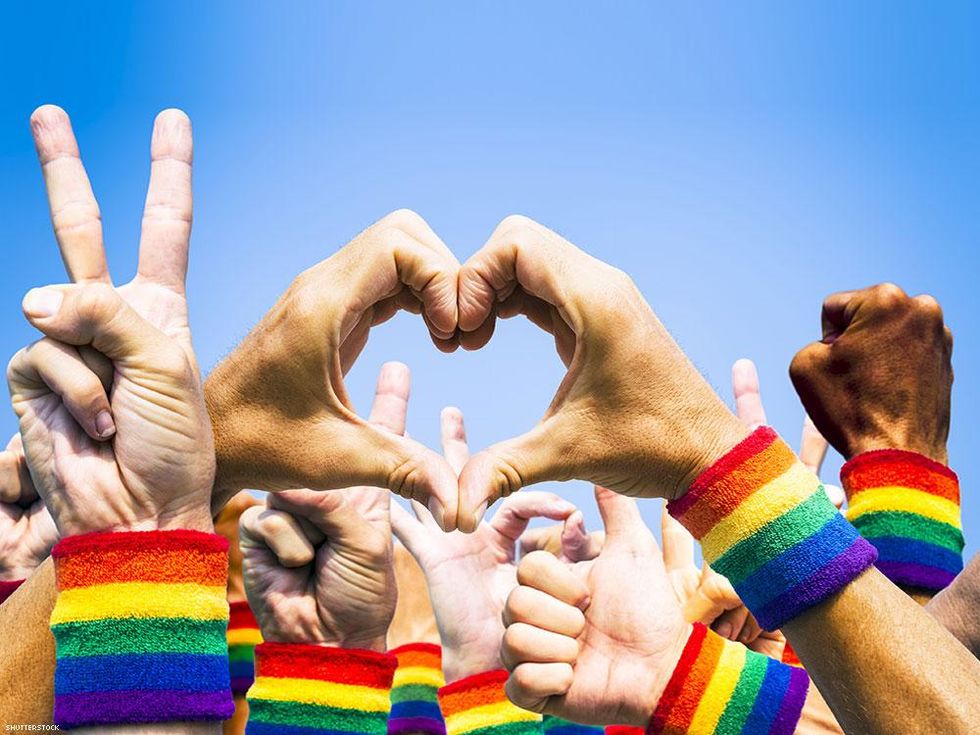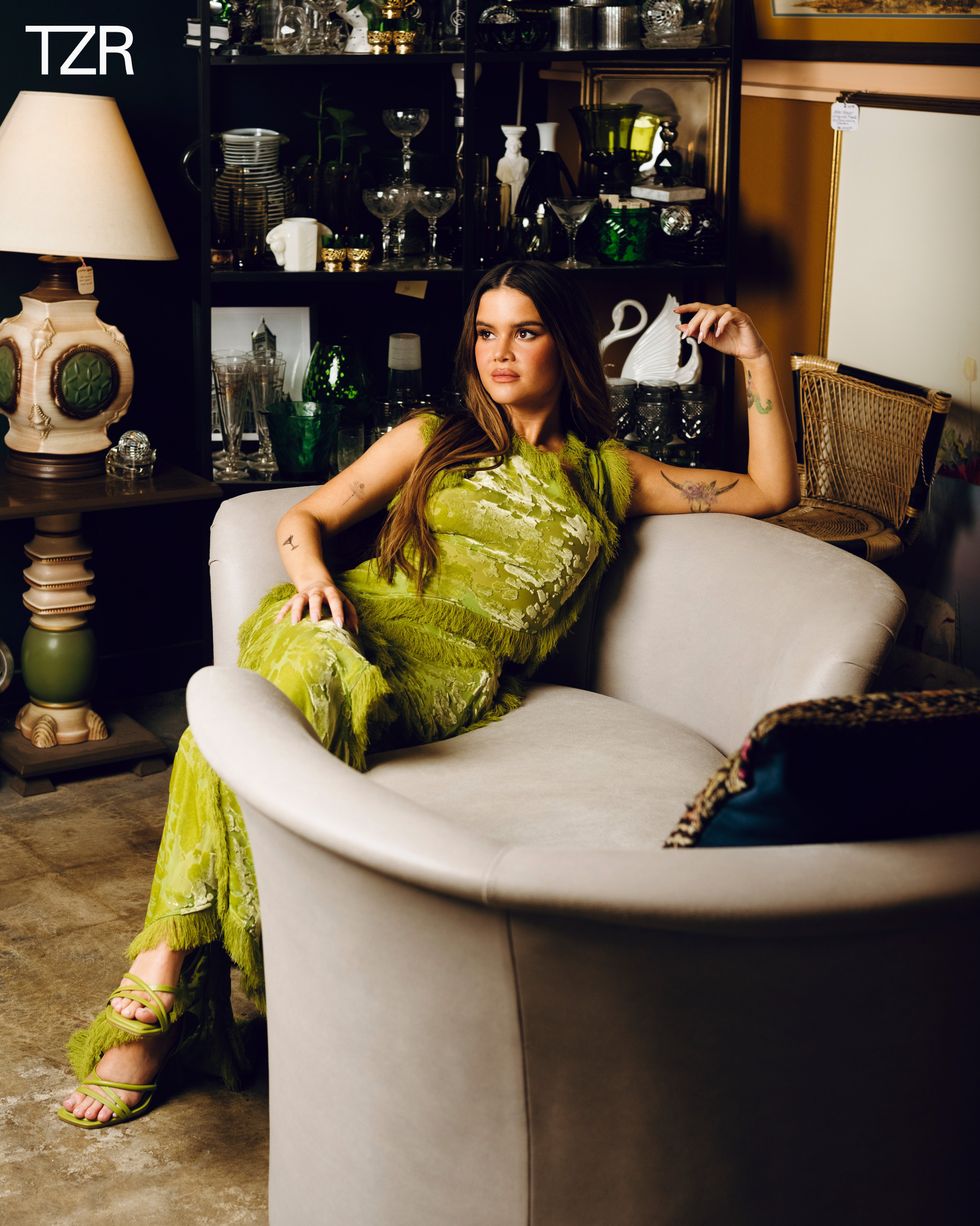After almost six months of negotiating and picketing, the strike summer for actors and writers has come to an end. However, just because they’re back to doing press tours and interviews, doesn’t mean actors are done talking about how much they make for their projects. Pay disparity exists in just about every field, and Hollywood is no different, as evidenced by a clip that is making the rounds on X (formerly Twitter).
In the clip, two cast members from the retelling of Alice Walker’s The Color Purple are on a SiriusXM panel hosted by Gayle King discussing the film. One of the big-name cast members, Taraji P. Henson, was asked by King about rumors swirling that she may quit acting in the future.
At the question, Henson became emotional.
“I’m only human and it seems every time I do something, and I break another glass ceiling, when it’s time to renegotiate I’m at the bottom again like I never did what I just did, and I’m tired.”
Her co-star, Danielle Brooks, provided reassurance and comfort during the moment. This isn’t the first time that Henson has discussed struggling to get paid what she was owed for her projects. In a 2019 interview with Variety, she revealed that asking for $500,000 for her role in The Curious Case of Benjamin Button, the studio countered with $100,000 and later, settled on $150,000.
Given Henson’s history in the field (she started her acting career in the late ’90s) it’s discouraging that she and other Black actresses are still fighting for comparative pay. With her breakout performance in 2005’s Hustle and Flow, Henson positioned herself as a force to be reckoned with. Still, racism and misogynoir play a role in her fight to be paid what she is owed.

ERIC CHARBONNEAU
Hollywood has never been especially kind to Black talent, but with the films of the ’80s, ’90s, and early 2000s, many Black actors and actresses began to find a lane of their own. There are often discussions online about being “famous” versus being “Black famous,” which essentially means that audiences that aren’t Black also know your work. I would say, for Henson, she is famous. The fact that this hasn’t translated to comfort and wealth for her is beyond reprehensible.
For Black actresses, that means you can be in films from beloved Black classics all the way to box office hits, and still not have the fruits of that labor translate to making real money.

Courtesy of Warner Bros. Pictures
This problem isn’t new. During the strike, it was revealed by many actresses on the Netflix show Orange is the New Black, that despite being a breakout hit for Netflix, gaining many awards, some of the actresses were still working day jobs to make a living wage. Brooks was one of the stars of OITNB, and as she comforted Henson, I couldn’t help but wonder how it feels for her to see legends that have come before her still struggling.
What must it feel like to see actresses whose present, which could be your future, break down in tears after revealing that she again was slighted at the negotiating table?
The strike revealed that there is a middle class in Hollywood. Those actors and actresses whose faces you know from guest spots and background work in shows you love are probably making the same as you, and that understandably came as a shock to a lot of people.

Courtesy of Netflix
When we think about the gender pay gap and racial pay gap, we often think about the fields we work in. But there’s still an assumption that everyone in Hollywood is living beyond comfort into luxury, and that just isn’t the case for many.
I’m not arguing that every actor needs to be a billionaire, but they do deserve to make a wage that is enough for them to live comfortably and support themselves and their families. Every time some white celebrity takes a private jet to get somewhere, I can’t help but think of the Black celebrities who are fighting to be seen as talented and worthy of a comparable income.
Even when you break glass ceilings in Hollywood as a Black actress, you still get treated like a strange newcomer by the industry. Henson, Brooks, and all other actresses deserve to be paid for the worth they bring to their projects.
That they aren’t is shameful, and I am sick of it.
Views expressed in PRIDE’s opinion articles are those of the writers and do not necessarily represent the views of PRIDE.com or our parent company, equalpride.



























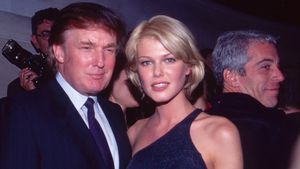

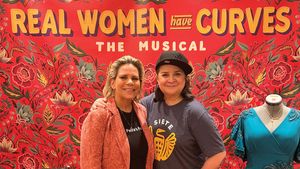























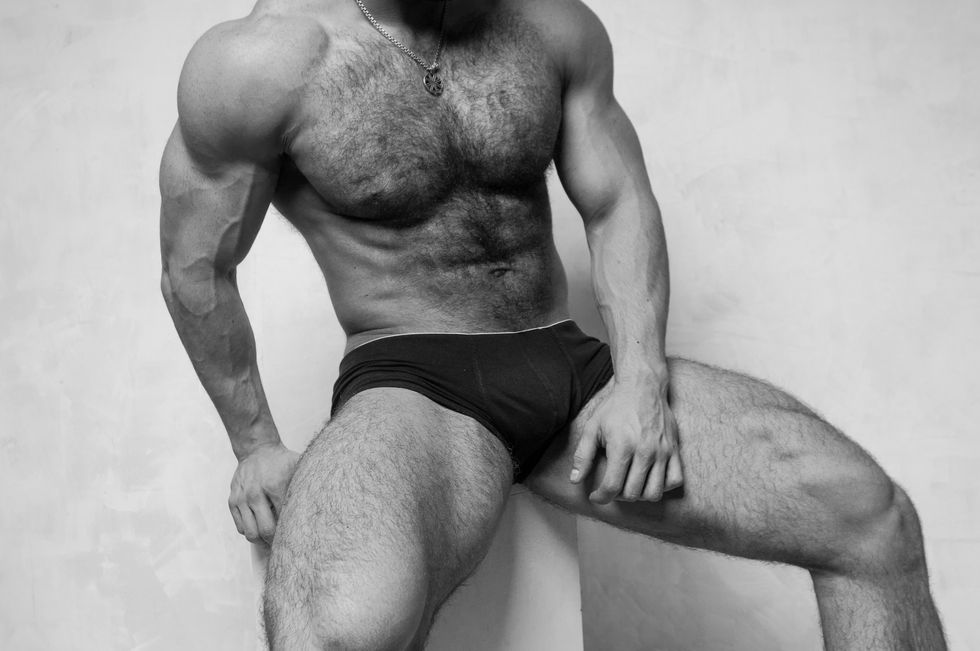










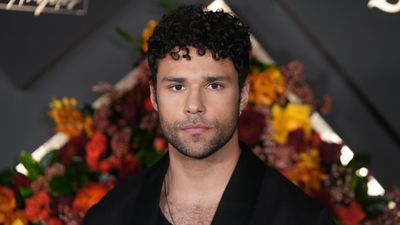



 A couple kisses in the middle of the street during the Christopher Street Day ; Men seen kissing during the 2023 Pride Barcelona Parade.Yerchak Yauhen/SOPA Images/LightRocket via Getty Images; imone Boccaccio/SOPA Images/LightRocket via Getty Images
A couple kisses in the middle of the street during the Christopher Street Day ; Men seen kissing during the 2023 Pride Barcelona Parade.Yerchak Yauhen/SOPA Images/LightRocket via Getty Images; imone Boccaccio/SOPA Images/LightRocket via Getty Images


